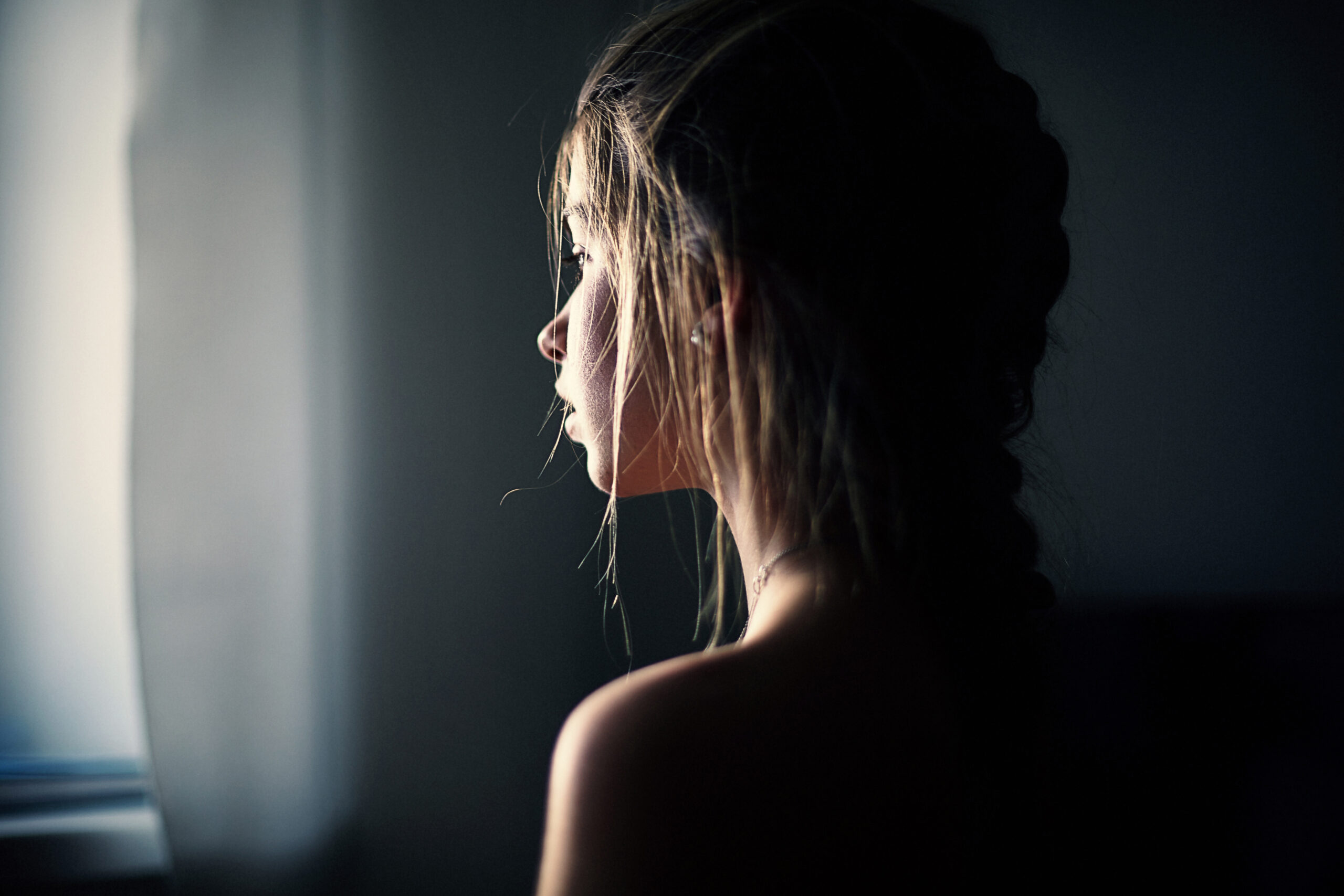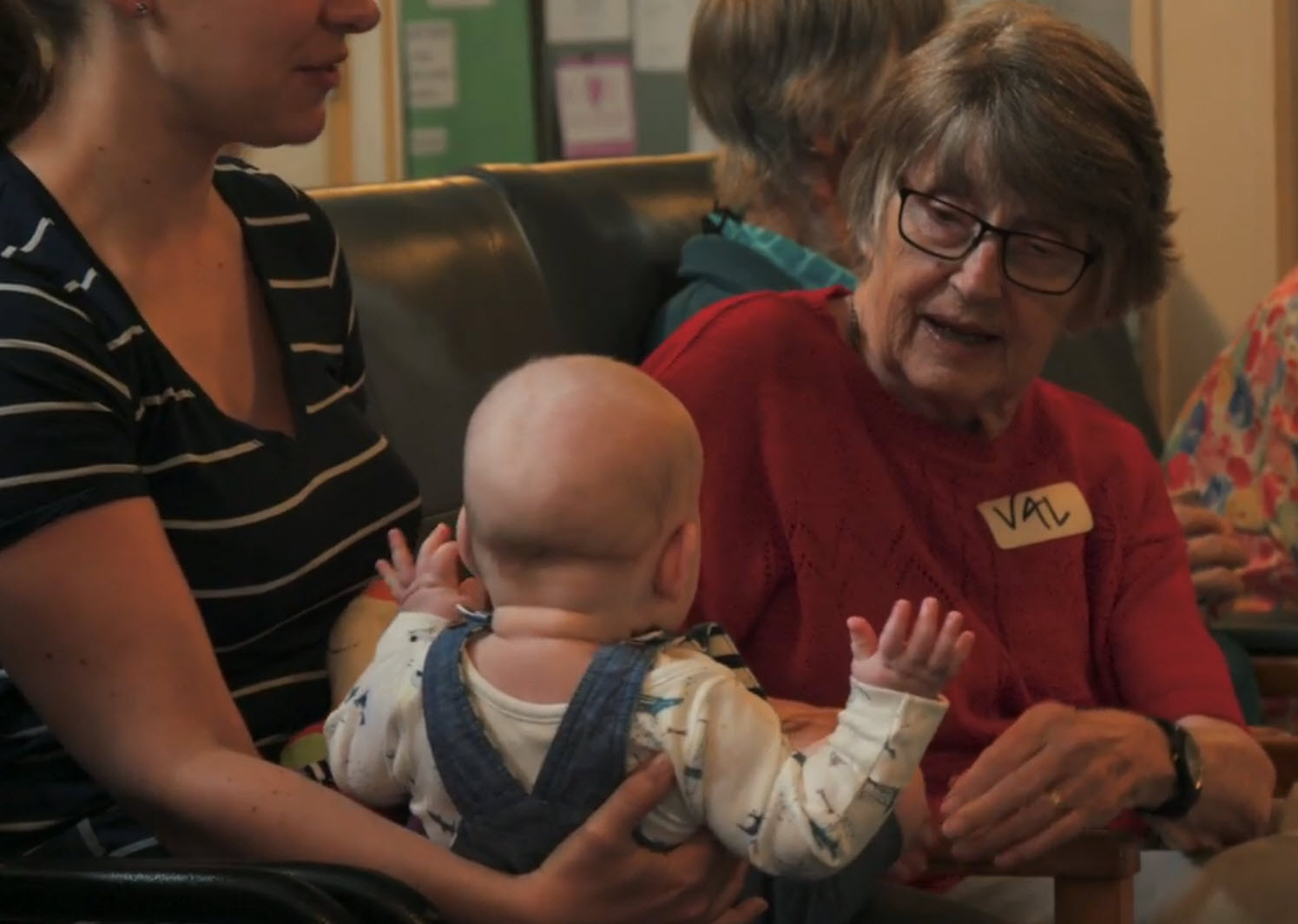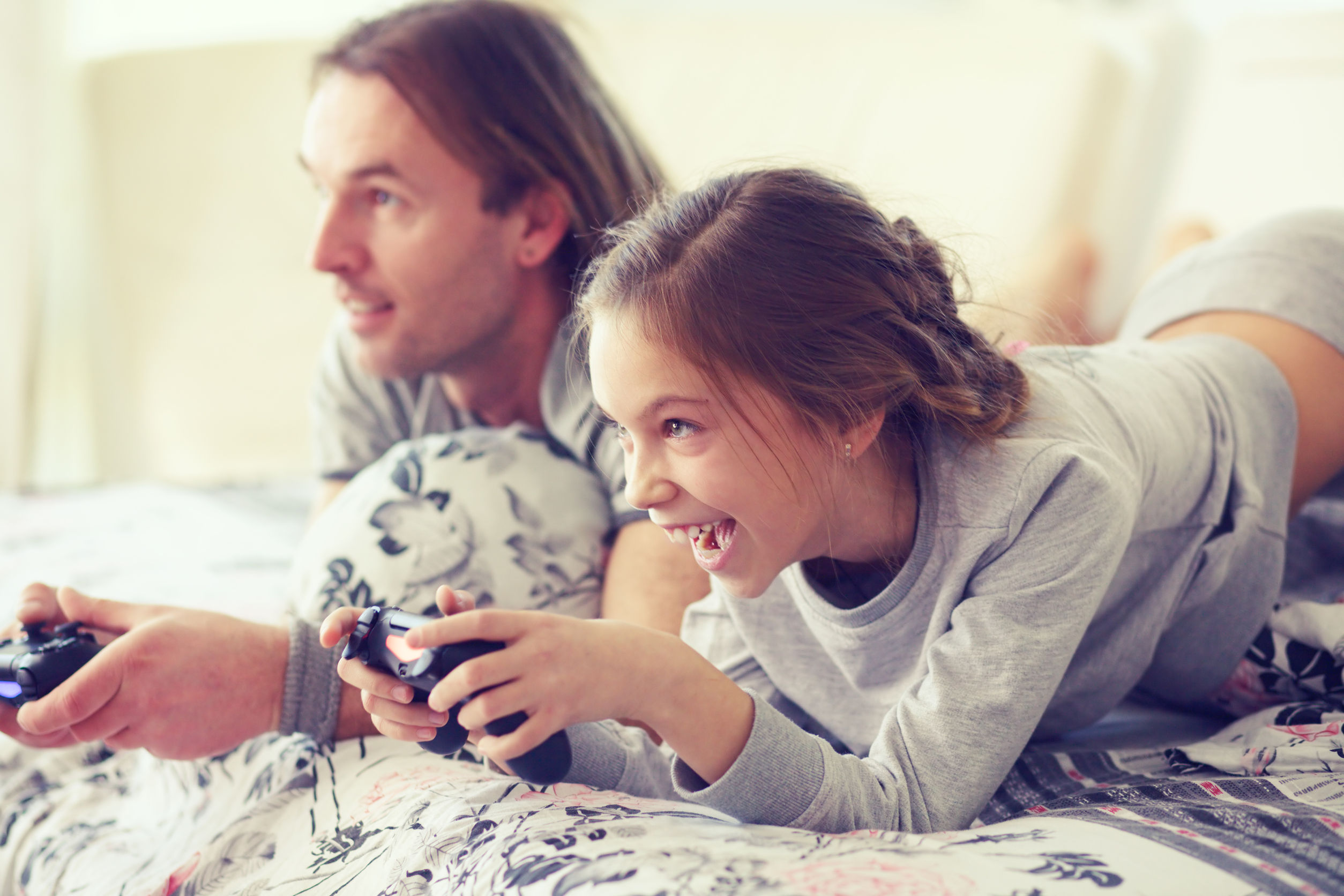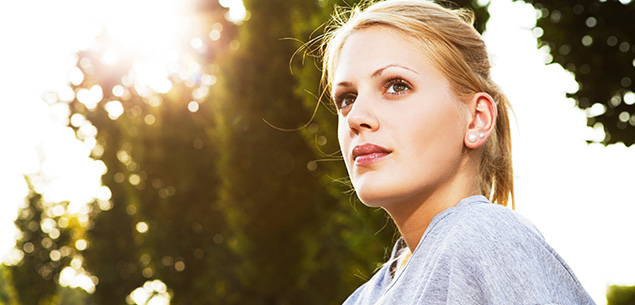Turning to RNZ on my drive to work this morning, I listened to an interview with the censor’s office about the rating of 13 Reasons Why, the Netflix show that’s got everyone talking.
The censor wants a law change so TV series like this, about a teen girl who commits suicide, can’t be streamed here without a classification. It was a considered and intelligent discussion, but then I switched to commercial radio, for an interlude of ‘light relief’ for the rest of my journey.
Suicide, especially among our young people, is a bleak topic and part of me – mum to two teens – didn’t want to peer any longer into the dark abyss of ‘what if’.
However as it happens, rather than the usual perky pop tunes, the station I turned to was also talking about 13 Reasons, inviting listeners to text in about their own experiences. As one by one the messages were read out, the normally chirpy radio hosts’ voices became shakier and I was certainly not alone in smudging away tears.
One texter’s message, describing the moment they decided ‘to end it’, was particularly powerful. They recalled they felt everyone would be better off if they weren’t there any longer, that no one would miss them. At this point one of the radio hosts broke in, admitting she too had once been in that place, and that we should tell our young people often, daily, how much we love them. How valuable they are.
Simple advice. Obvious, some may say. Yet amid all the erudite conversations about censorship, and ratings, and parental responsibility, her words rang clear as a bell. One of my daughters has suffered greatly with anxiety, and advice on how to ‘handle’ her has varied widely – there’s been a lot of concern and support, but also (well-meant) comments about ‘snowflakes’ and how I ‘coddle’ my kids, how they ‘take advantage’ and how they need to toughen up.
Teen Netflix show prompts warnings from mental health professionals

13 Reasons Why is a Netflix show about a bullied girl who commits suicide
I’ve felt confused at times, worried and unsure how to respond to her anger, and crying, and lethargy, and seeming self-pity. I’ve often countered it with impatience and, bowing to the ‘tough love’ brigade, demanded she should ‘do more around the house’, ‘get a job’, ‘stop wallowing’.
Now I’m not saying we shouldn’t encourage independence, and responsibility, and respect. But I do wonder whether amid our demands that they clear up their ‘pigsty’ of a room, get out of bed earlier, get off that screen, stop treating the house like a hotel, work harder at school… that we also forget to let them know how much we love them. That actually they’re a very cool person. That we love their individual traits and quirks, enjoy their company, that they make us laugh. That we know the world is a scary place but they have a valuable role in it. That their existence makes a big, big difference. That whatever they are going through won’t last, but while it does we are absolutely there. That, yes, it’d be fantastic if they emptied the dishwasher more often, and yes, they could do with complaining less and working harder at school. But in the bigger scheme of things, at a time of their lives when everything is volatile and frightening and when they feel doomed to fail, we’ve got their back.
I’m not at all suggesting we can eradicate the issue of depression and suicide with kind words alone. We have the highest rate of youth suicide in the world, and to respond to that by saying ‘just hug them’ would be glib and insensitive in the extreme.
The issue is monumental and there are many problems to be addressed; not least that our mental health services have been found vastly wanting, and that many youth see no prospects for themselves in a society that increasingly marginalises the poor, the uneducated, the disadvantaged, the vulnerable. Or builds more prisons to accommodate them.
But what I do feel strongly is this: As parents and guardians, by drilling into our young people daily that they are loved and supported, we might just be giving them a very powerful reason why not.
If you or someone around you is in need of confidential help and advice on mental health, suicide prevention and more, these are some organisations set up to help:
**Youthline – Free phone 0800 37 66 33
Lifeline – 0800 543 354 or (09) 5222 999 within Auckland
Suicide Crisis Helpline – 0508 828 865 (0508 TAUTOKO)
Healthline – 0800 611 116
Samaritans – 0800 726 666**
You can also visit your GP and express your concerns.




